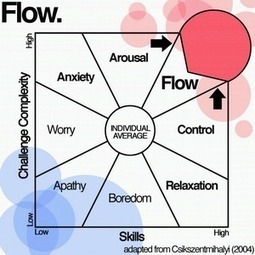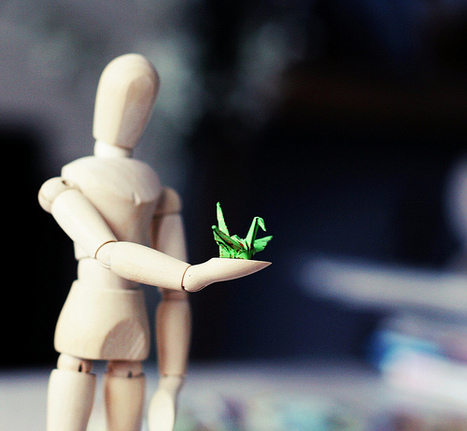A new study published in Psychological Science, a journal of the Association for Psychological Science, suggests that thinking about what we’ve given, rather than what we’ve received, may lead us to be more helpful toward others.
Research and publish the best content.
Get Started for FREE
Sign up with Facebook Sign up with X
I don't have a Facebook or a X account
Already have an account: Login

 Your new post is loading... Your new post is loading...
 Your new post is loading... Your new post is loading...
Shelby Stephens's curator insight,
September 12, 2013 6:01 PM
Although it seems as if the article focuses on healthy eating and excersizing, this article gives tips that apply to any situation where someone may feel less motivated to accomplush a task. |
|





















